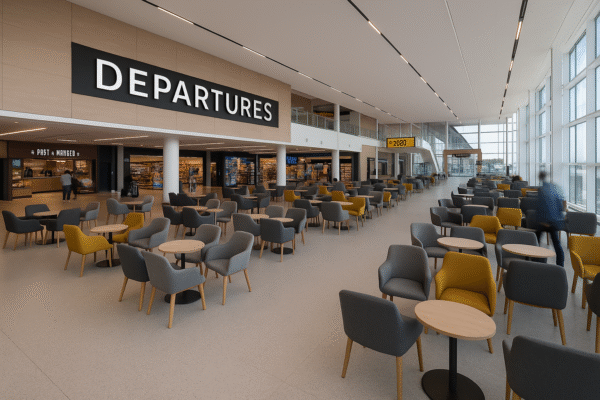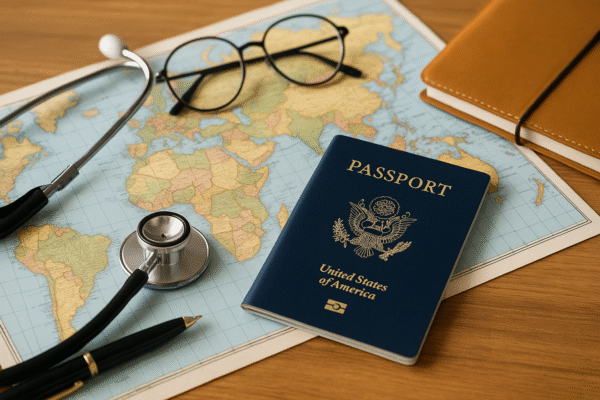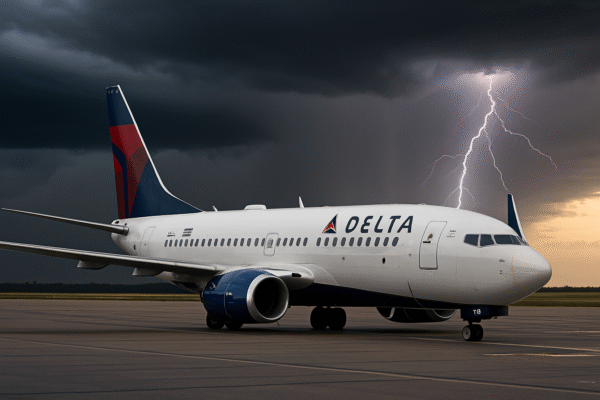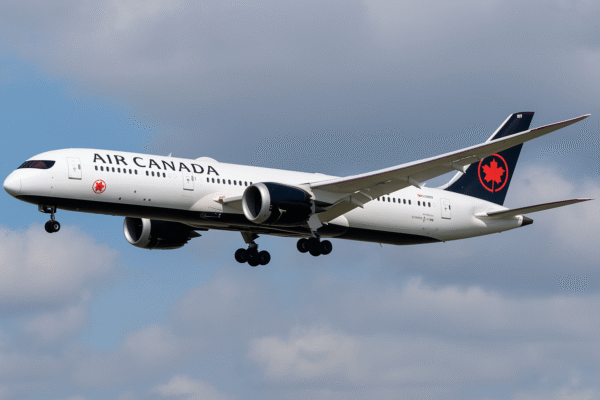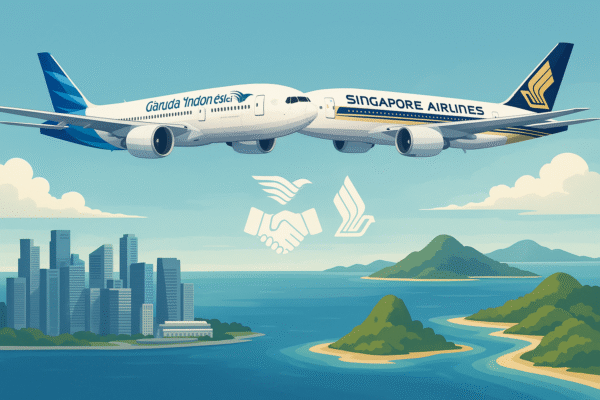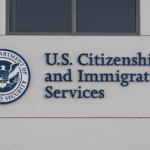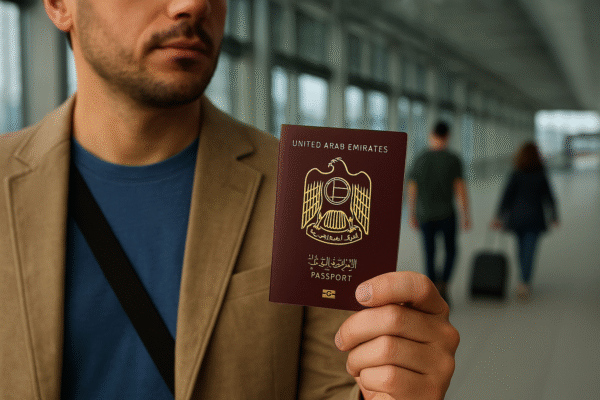TORONTO, ON – A potential strike by Air Canada flight attendants looms large over Canada’s national airline, putting over 1,000 daily flights at risk just as the global travel season reaches its peak. The Canadian Union of Public Employees (CUPE), representing more than 10,000 cabin crew members, launched a strike vote on July 28 that will conclude on August 5. If the vote passes with a strong mandate, CUPE could issue a 72-hour strike notice as early as August 16, triggering widespread disruption.
Air Canada, Canada’s flagship carrier, operates across more than 180 destinations on six continents, including high-demand international routes such as Toronto–London Heathrow, Toronto–Los Angeles, and Vancouver–Tokyo. Domestically, key corridors like Toronto–Montréal and Vancouver–Calgary also face serious interruption if a strike proceeds.
Investor Anxiety Mounts as Air Canada Stock Dives 11%
The threat of disruption has sent ripples through financial markets. Air Canada’s share price fell more than 11% in a single trading session following the strike vote announcement, underscoring growing investor concern about operational paralysis during one of the busiest times of year for air travel.
According to Air Canada’s Q2 2025 results, the airline recorded a modest 2% increase in revenue year-over-year, totaling $5.632 billion. However, net income plummeted by 55% to $186 million. While capacity grew 4%, it still lags 13% below pre-pandemic levels—particularly due to decreased U.S. travel demand. The strike threat only deepens uncertainty for the carrier’s financial outlook.
CUPE Pushes for Fair Compensation and End to Unpaid Work
CUPE’s demands center around wage increases and compensation for unpaid work hours. Currently, flight attendants are only paid from door closure to door opening, meaning crucial duties such as safety checks, boarding procedures, and deplaning assistance go unpaid. CUPE argues this practice not only undervalues the role of attendants but also creates unjust labor conditions.
The union also notes that the current agreement, signed over a decade ago, has failed to keep pace with inflation and the cost of living. CUPE’s bargaining team has said this moment marks a turning point in ensuring airline workers are fairly compensated for their essential service.
“We are calling for a strong strike mandate to show that we will not settle for less than we deserve,” CUPE stated in a recent update. “You are not alone. You are part of something bigger.”
Global Ripple Effects: Destinations and Travelers in Limbo
With over 1,000 flights per day, including 500 domestic and nearly 600 cross-border or international operations, the potential for disruption is immense. Air Canada is a major connector between North America and destinations in Europe, Asia, Africa, the Middle East, and Oceania.
Affected global destinations could include:
- London, UK
- Paris, France
- New York, USA
- Tokyo, Japan
- Dubai, UAE
- Delhi, India
- Frankfurt, Germany
- São Paulo, Brazil
The timing also clashes with high summer travel demand, potentially derailing vacation plans, business travel, and family reunions. Other Canadian airlines like WestJet, Porter Airlines, and Air Transat may see increased booking pressure but have limited capacity to absorb the surge, especially on long-haul routes.
Passenger Rights and Protection Measures
Canada’s Airline Passenger Protection Regulations (APPR) provide passengers with some safeguards. If a flight is cancelled due to strike action, the airline must rebook the traveler on an alternate flight within 48 hours or offer a refund. However, compensation for hotels or meals may not apply as strikes are classified as “extraordinary circumstances.”
Passengers holding non-refundable tickets are still entitled to a full fare refund, but optional extras like baggage fees may not be reimbursed. Travelers are advised to double-check travel insurance coverage, as some policies exclude labor disruptions.
Air Canada’s Official Position and Negotiation Strategy
Air Canada has acknowledged the strike vote but maintains that such votes are a normal part of the negotiation process. The airline has expressed commitment to reaching a deal with CUPE that prevents industrial action. No official contingency plan has been publicly disclosed, but past disruptions have seen the airline partner with other carriers and expand customer support.
“We remain focused on negotiating a fair agreement while minimizing disruption for our customers,” the airline stated.
Still, with the August 16 strike notice date approaching, both travelers and stakeholders are bracing for possible chaos. If the union secures a strong mandate and contract talks stall, the airline may face a situation similar to last year’s pilot negotiations—averted only at the eleventh hour.
Tourism Sector Faces Setback Amid Recovery Surge
The timing could not be worse for Canada’s tourism industry. Destination Canada projects tourism will contribute a record $183 billion to the national GDP in 2025, with over $104 billion in domestic spending and $34 billion from international visitors. The strike, if it unfolds, could stall this rebound, especially as major gateways like Toronto Pearson, Vancouver, and Montréal–Trudeau face potential shutdowns.
A prolonged disruption could lead to booking losses, last-minute trip cancellations, and reduced trust in Canadian aviation reliability—critical for future inbound tourism growth.
Conclusion: Uncertainty Looms as Deadline Nears
As the August 5 strike vote deadline nears, passengers are urged to monitor updates from Air Canada and CUPE, consider flexible or refundable booking options, and purchase travel insurance with strike coverage. The possibility of a 72-hour strike notice as early as August 16 leaves little time for contingency.
With over 1,000 flights daily, any walkout could paralyze Canadian aviation and impact global connectivity. Whether negotiations will yield a breakthrough remains to be seen, but both sides—and the traveling public—face a turbulent August ahead.
For more travel news like this, keep reading Global Travel Wire


